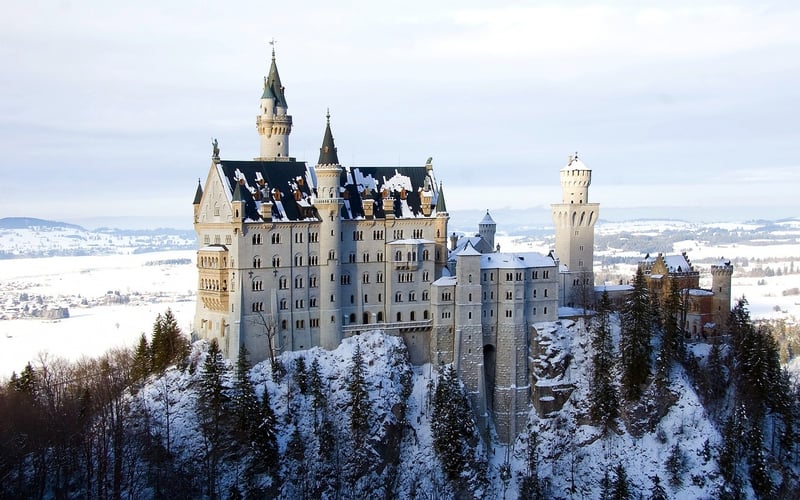Medieval Europe
Exploring the Connection between Exciting Time Zones and Medieval Europe
Time zones are a fascinating concept that regulate time across the globe, ensuring synchronization and organization. In this article, we will delve into the intriguing intersection between exciting time zones and the historical period of Medieval Europe.
Understanding Time Zones
Time zones are longitudinal strips on the Earth's surface, each approximately 15 degrees wide, that follow the Earth's rotation. They are crucial for coordinating activities, travel, and communication on a global scale.
Medieval Europe and Timekeeping
During the medieval period in Europe, timekeeping was significantly different from the precise systems we have today. Time was measured based on the position of the sun in the sky, with days divided into hours that varied in length depending on the season.
The Influence of Time on Medieval Society
Time played a vital role in the daily lives of medieval Europeans. The ringing of church bells marked the passage of time, signaling activities such as prayers, work hours, and curfews. Time was also essential for agricultural practices and seasonal work.
Exploring Exciting Time Zones in Medieval Europe
While the concept of time zones as we know them today did not exist in medieval Europe, it is intriguing to imagine how different regions might have experienced time variations based on their longitudinal differences.
Imagining Time Zone Boundaries in Medieval Europe
Picture a medieval map with imaginary time zone boundaries cutting across kingdoms and territories. How would the timing of events, meetings between rulers, or even the scheduling of festivals have been impacted by these theoretical divisions?
Connecting the Past with the Present
By exploring the relationship between exciting time zones and medieval Europe, we gain a deeper appreciation for how time has been perceived and managed throughout history. It highlights the evolution of timekeeping practices and the impact of technological advancements on our modern understanding of time.
As we marvel at the complexities of time zones and reflect on the simplicity of medieval timekeeping, let us appreciate the rich tapestry of history that has shaped our present-day experiences.

Conclusion
Time zones and medieval Europe may seem like distant concepts, but their connection offers a unique perspective on how societies have grappled with the measurement and perception of time. As we navigate our modern world governed by precise time zones, let us not forget the historical roots that have contributed to our current timekeeping practices.
Join us on this journey through time as we unravel the mysteries of exciting time zones and their hypothetical presence in the captivating era of medieval Europe.
